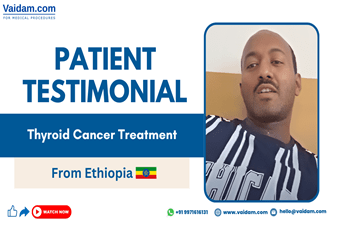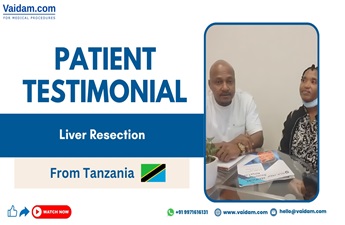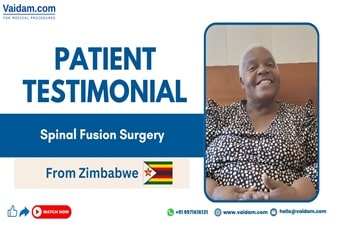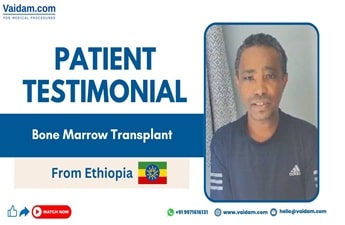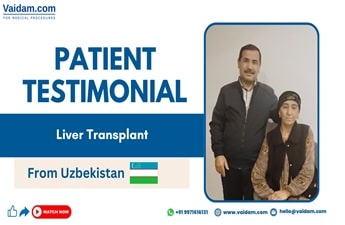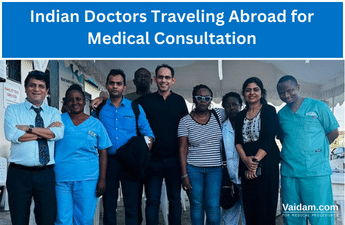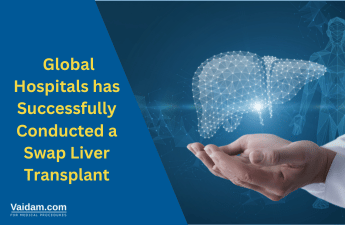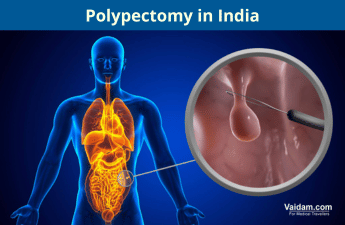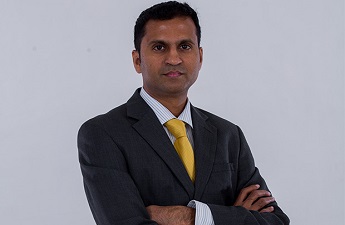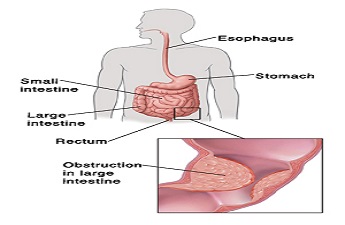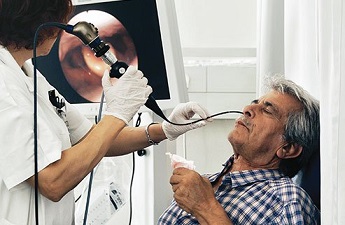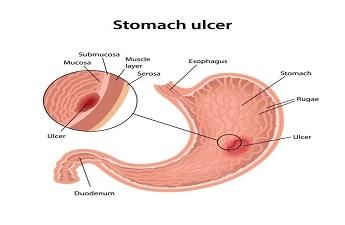Rajiv Khanna is India’s most respected Medical Gastroenterologist, with a vast experience of more than 30 years. He is a Senior Consultant at the Pushpawati Singhania Research Institute, New Delhi, India. Dr. Rajiv Khanna is a minimal access surgeon.

He persuaded his MBBS from the University Of Delhi followed by DNB. He is an active member of the Indian society of surgical gastroenterology, the India Association of gastrointestinal endo-surgeons (IAGES), and the Association of minimal access surgeons of India (AMASI). He has a long list of accomplishments in the field of Gastroenterology.
He attained pioneer, in laparoscopic surgery and has an expert hand in his field or area of interest. His expertise lies in Gastro-Intestinal malignancy (colorectal, Gastric, Pancreatic, and other Gastrointestinal surgery), Gastro-Intestinal malignancy, Gastrointestinal surgery. He successfully treated thousands of patients with his mastery of medical science.
In this article, we will enlighten you with the facts of Gastro-intestinal Malignancy.
Gastrointestinal Cancers

The gastrointestinal tract (GI) is a 25-foot-long route that connects the mouth to the anus. Everything you consume travels via the oesophagus and is digested to extract nutrients in the stomach and small intestines. Finally, waste is eliminated from your body via the colon and rectum. When a mutation in the DNA causes abnormal cells to develop, a tumour might occur in one of these organs. What causes this type of alteration (also known as a mutation)? It might be due to underlying illnesses, lifestyle choices, or genetics.
Gastrointestinal cancer is widespread in the United States and across the world. Treatments are more successful when cancer is discovered at an early stage, which can be difficult. “Colorectal malignancies are the most prevalent and curable GI tumours in the United States,” says Jeremy Kortmansky, MD, a medical oncologist at Yale Medicine. “Approximately 5 to 10% of cases are caused by an inherited genetic risk factor, with the remainder instances occurring randomly. The majority of these instances are connected to risky behaviours.”
What forms of gastrointestinal cancers exist, and who is at risk?
The following are the most frequent forms of gastrointestinal cancer:
- Cancer of the oesophagus
- Cancer of the stomach (gastric)
- Colon cancer is a kind of cancer that affects the colon.
- Pancreatic carcinoma is a kind of cancer that affects the pan
- Cancer of the liver
- Other kinds, such as neuroendocrine tumours, gastrointestinal stromal tumours, and anal cancer, are far less frequent.
In general, males are more likely than women to acquire gastrointestinal malignancies, and the risk increases with age. These malignancies have been associated with cigarette smoking, alcohol use, and poor diets in studies found.
Malignancies can also be caused by underlying diseases such as gastroesophageal reflux disease in the oesophagus, Helicobacter pylori infection in the stomach, pancreatic diabetes, inflammatory bowel disease in the large intestine (colon and rectum), hepatitis B or C virus infection, or liver cirrhosis.
Inherited gastrointestinal malignancies account for a tiny fraction of all cases.
What are the signs and symptoms of GI cancers?
The majority of the time, symptoms of gastrointestinal cancer do not appear until the tumour has progressed. They are then determined by the type of malignancy. Patients with oesophagal cancer may experience swallowing difficulties, but those with stomach cancer may experience ulcer-like symptoms (e.g., indigestion, loss of appetite, bloating and pain). Colorectal cancer, as you might imagine, causes abnormalities in bowel function or bleeding. Liver and pancreatic cancer can also cause stomach pain.
How are malignancies of the gastrointestinal tract diagnosed?
If a patient has symptoms and the doctor suspects gastrointestinal cancer, they may do some of the following tests:
Colonoscopy to look for polyps in the colon and rectum, which can turn malignant.
Blood tests are performed to check for abnormalities in the blood that might be indications of cancer.
Imaging tests (MRI, X-ray, ultrasound, CT scan, or PET scan) are used to look for abnormal tissue anyplace in the digestive system.
Biopsies are performed to acquire a sample of aberrant tissue and to test it for the presence of cancer cells.
Treatment of Gastrointestinal cancer
When the tumour is accessible, surgery may be all that is required. When it is more difficult to access or remove would have a substantial impact on gastrointestinal function, chemotherapy, radiation treatment, or targeted therapy may be tried first. The tumour and surrounding tissue are completely removed during surgery. Anastomosis, a surgery that connects the remaining healthy sections of the oesophagus or stomach, may be done to restore function. Some individuals with liver cancer may be candidates for transplantation. In the instance of highly advanced gastrointestinal cancer that cannot be properly treated, doctors may choose to treat symptoms rather than cure the illness.







